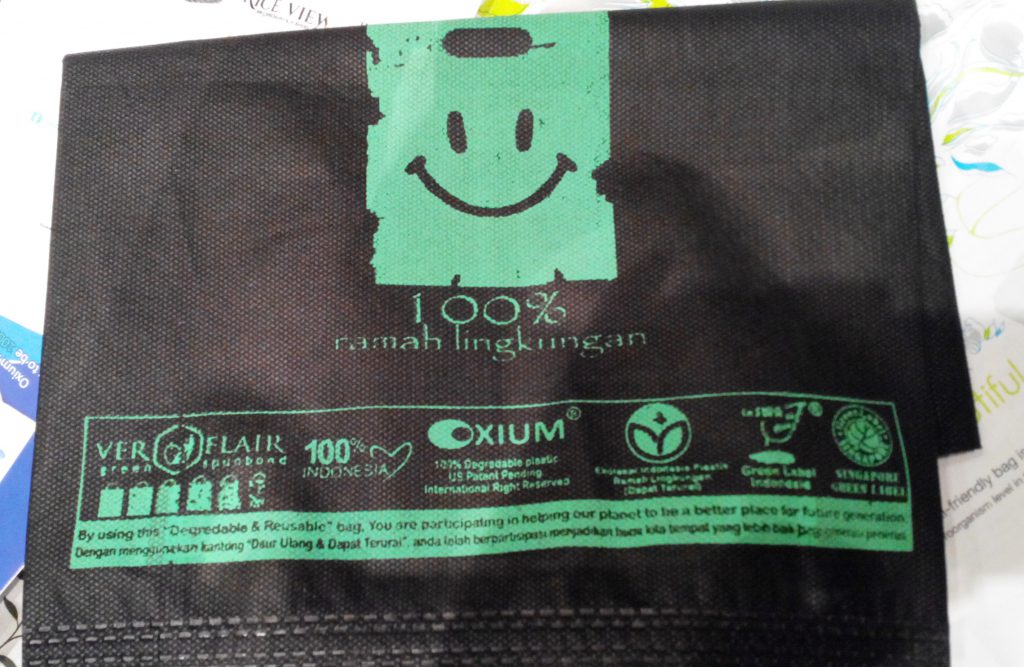Jakarta (ANTARA News) – The Ministry of Environment and Forestry (KLHK) is to intensify the understanding of society as consumers and businesses as manufacturers about ecolabels or labels that identify the eco-friendly preference product.
Head of Standardization of Environment and Forestry, KLHK, Noer Adi Wardojo in workshops ecolabel on Monday, said the strategy is to ensure the availability and utilization of good quality environment-friendly products and to secure consumers interest and the environment.
“We especially try to encourage more business parties toward more environment-friendly business through ecolabels,” he said.
Every year, KLHK would gather up manufacturers and provide consulting and additional criteria concerning ecolabel to businesses.
“From the industry side, research and development are expected to accelerate the fulfillment of these criteria,” said Adi.
The purpose of it, said Adi, in addition to providing information to consumers, also can provide a signal to businesses that the government is moving toward environment-friendly production.
“This opportunity is widely used by goods supplier from abroad. We started a dialogue, that environmentally friendly products is here in Indonesia and we started to use it,” said Adi.
Meanwhile, Lunchakorn Prathumratana, experts of German International Cooperation (Deutsche Gesellschaft for Internationale Zusammenarbeit / GIZ) Thailand, believes the cooperation between the government and the donor ecolabelling standards can facilitate the labeling for sustainable products, goods and services.
She explained that there are currently three types of labels that identify performance of environmentally friendly products according to the International Organization for Standardization (ISO).
Three types of label are Type I (ISO 14024), Type II (ISO 14021), and Type III (ISO 14 025).
Prathumratana advised stakeholders to focus on label type I, which is often referred to as ecolabels, because it has high credibility and is easily understood by consumers when identifying environmentally friendly products.
Examples of this type I labels include Blue Angel (Germany), EU Flower (EU), Ecomark (India), and Nordic Swan (Scandinavian countries).
In the development of eco-labeling, the government in 2014 has issued Regulation of the Minister of Environment No. 2 of 2014 which provides rules and recognition for ecolabel for type I and type II.
Patterns of consumption and production (sustainable consumption and production / SCP) has become a global development agenda since the 1990s. United Nations Conference on Environment and Development in Rio de Janeiro, Brazil, in 1992 led to the recognition that the primary cause of advance environmental damage was unsustainable consumption and production patterns.
Then in 2012, at the Rio + 20 UN Sustainable Development, heads of state agreed to accelerate the implementation of SCP by adopting the Framework 10 Years of Sustainable Consumption and Production (10YFP) with one of its program, namely Consumer Information-Sustainable Consumption and Production ( CI-SCP).
The main objective of SCP series of CI-Indonesia is to provide recommendations for the activities of the Ministry of Environment and Forestry in implementing CI-SCP through the provision of consumer information, change of behavior towards a sustainable living, and more communication in order to encourage a change of attitude.
Editor: Ruslan Burhani
COPYRIGHT © 2016 ANTARA
